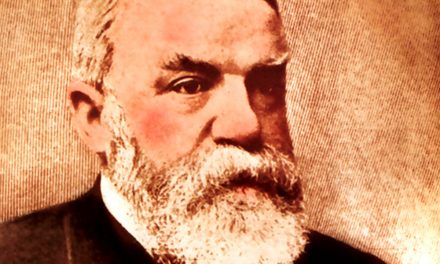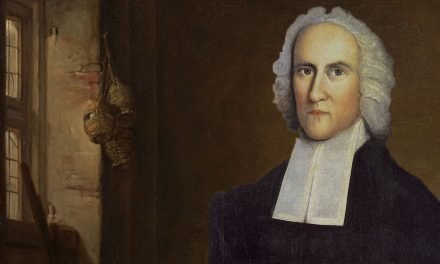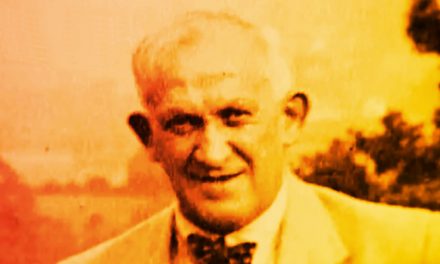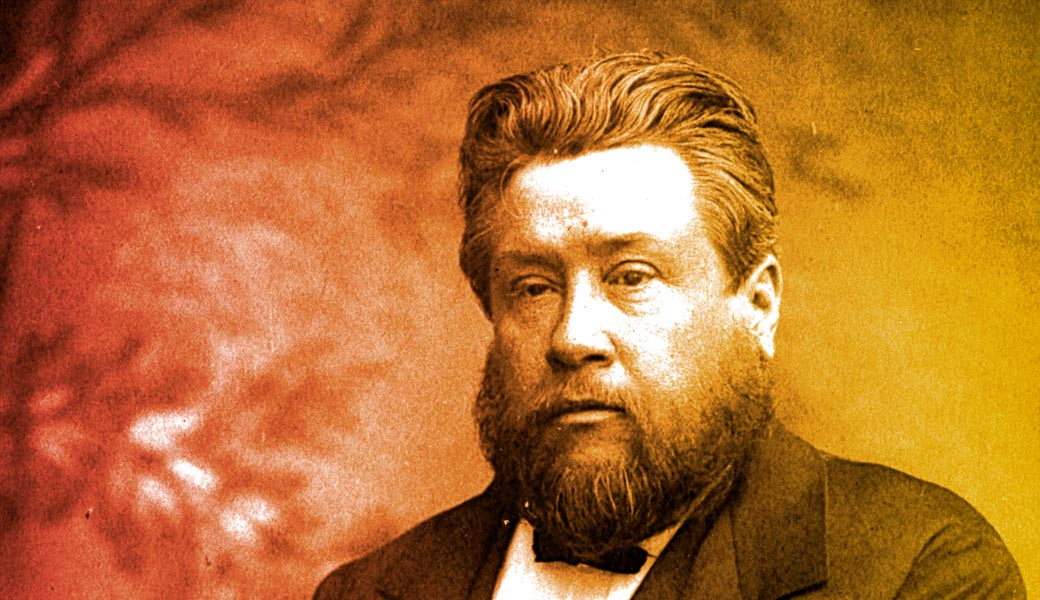
John Wycliffe Biography

John Wycliffe (mid 1320s – 1384) was an English scholastic philosopher, theologian, and reformer. He was also a seminary professor at Oxford, and a Biblical translator. A medieval “Protestant” who applied himself to the study of theology, ecclesiastical law, and philosophy, he was well grounded in Roman and English law as well as native history.
Wycliffe is known best for his role in translating the Bible into the common language. He said that Moses heard God’s law in his own tongue and so did Christ’s apostles. Thus, Englishmen must learn Christ’s law best in English. This was a monumental event.
Table of Contents
Wycliffe the Reformer, condemned as a Heretic

Wycliffe was known as a critic of the Catholic Church and is considered an early Reformer. He said and believed that “private confession…..was not ordered by Christ and was not used by the Apostles.” He was disgusted with the greed of the popes, cardinals and Churches. He was opposed to the demands for huge sums of money from England and was outspoken about the Church getting richer and the common people living on the verge of starvation. He said that the gospel alone is sufficient to rule the lives of Christians everywhere and that any additional rules made to govern men’s conduct added nothing to the perfection already found in the Gospel of Jesus Christ.
Wycliffe said that, since all Scripture points to Christ, he believed that “to be ignorant of the Scripture is the same thing as to be ignorant of Christ.” His passion and demand for the truth exposed the church of his day. This made him a very unpopular man. But despite all the hate and plots that were made against him, he persisted and pursued his unveiling of the abuses in the church. He never wavered. He continued his life-changing work despite the many threats on his life. He refused to compromise the truth for human opinion. God’s truth and God’s opinion was all that mattered.
Wycliffe lived almost 200 years before the Reformation, but his beliefs and teachings closely match those of the likes of Luther and Calvin. Some historians have called John Wycliffe the “Morning Star of the Reformation.” He challenged the doctrines of the Roman Catholic Church and he believed and taught something that went against their accepted and official beliefs. He was condemned as a heretic by the Roman Catholic Church because his beliefs and theories were strongly against the established doctrine.
Wycliffe’s passion to translate the Bible
In the early medieval period, which is marked as the start of European history, Western Christians only encountered the Bible in oral versions of the Scriptures, verses and plays. Very few people could read. But John Wycliffe was adamant that he wanted to translate the Bible, saying, “it helpeth Christian men to study the Gospel in that tongue in which they know best Christ’s sentence.”
It is due to Wycliffe’s initiative and leadership that the translation of the Bible was successful. His Bible translations were the main inspiration and primary cause of the Lollard movement, a movement that rejected many of the teachings of the Roman Catholic Church.
Wycliffe’s Convictions

John Wycliffe once said, “All Christian life is to be measured by Scripture; by every word thereof.” He was a man who truly believed that the Bible is the highest authority for every believer; that Scripture is the foundation for reform, as well as the standard of faith.
John Wycliffe was passionate about the teaching and preaching of the Word of God, and saw it as one of the highest services that man may attain to on Earth. Therefore, he felt very strongly about the fact that this very important service fell directly and more heavily on priests, and that God demanded it more directly from them.
Wycliffe was also convinced that believers must trust wholly in Christ and rely on His sufferings, and that faith in Christ is sufficient for salvation. He said that “to believe in the power of man in the work of regeneration is the great heresy of Rome, and from that error has come the ruin of the Church. Conversion proceeds from the grace of God alone, and the system which ascribes it partly to man and partly to God is worse than Pelagianism.”
Wycliffe at the Council of Constance
Forty-four years after Wycliffe’s death in 1384, the Council of Constance exhumed his body, burned his bones and scattered his ashes in a nearby river, hoping to condemn all of his teachings. But no burning of any sort could influence or change the mark he made on Christianity. As John Foxe said in his book of martyrs, “Though they digged up his body, burnt his bones, and drowned his ashes, yet the Word of God and the truth of his doctrine, with the fruit and success thereof, they could not burn; which yet to this day…doth remain.”
Wycliffe’s legacy
John Wycliffe trusted and served God unconditionally. Though he made many enemies along the way, he stayed faithful to God. He had a burning desire and passion to communicate the truth of God’s Word, and to translate it so common people could read it. He was prepared to defend his convictions even unto death. He understood the true meaning of what it takes to be a true and loyal servant of God, and has shaped Christianity all over the world.



















Recent Comments